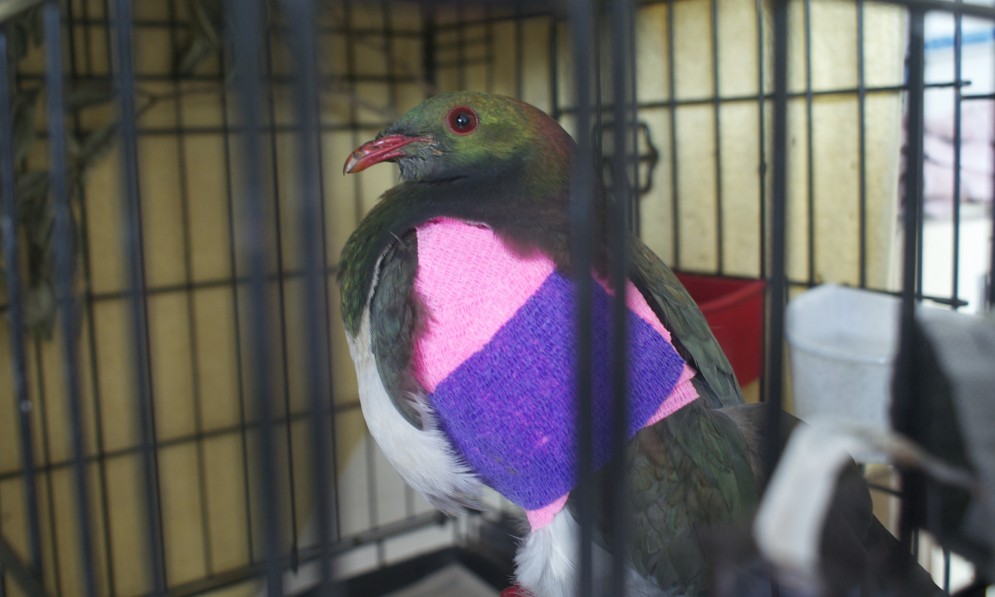What should I do if I find an injured bird?
You can perform ‘first aid’ care for the bird by placing it in a covered cardboard box lined with paper towels. Leaving it somewhere warm and quiet. Do not feed the bird or give it water until you have spoken to a professional.
If the bird has severe injuries such as bleeding or a broken bone, phone your local vet.
Who should I call if I find an injured bird?
If you find a native bird that is injured, contact the Department of Conservation's emergency hotline (0800 DOC HOT or 0800 362 468).
If you find an injured bird that is not native, find your nearest Bird Rescue centre.
These organisations may ask you to drop the bird at a vet, collect the bird themselves, or arrange to transfer the bird to a specialist bird rescue centre.
Can I look after an injured native bird myself?
Only individuals who are registered with the Department of Conservation can rehabilitate native birds.
I found a young bird that can't fly. What do I do?
Young birds that have just left the nest (also known as fledglings) will sometimes spend time on the ground. They use this time to strengthen their wings and muscles before they can fly.
If you find a fledgling, leave it where you found it. The best thing you can do is keep your cats or dogs inside until the bird has flown away.
I found a baby bird. What do I do?
If you find a baby bird that does not have feathers, place it back in its nest. There is a common belief that birds will abandon their chicks if they have been handled, but this is untrue. Birds do not have a good sense of smell, so you won't leave a scent that will alarm the parents.
I saw a scruffy looking penguin. Is it ok?
If you have seen a penguin with tattered feathers, it is most likely moulting.
Moulting takes between 3 and 4 weeks. Birds are confined to land during this time because their feathers a no longer waterproof.
The best thing you can do for a moulting penguin is to leave it alone and keep your dog on a leash.
If you see a penguin with an actual wound, contact the Department of Conservation's emergency hotline (0800 DOC HOT or 0800 362 468).

